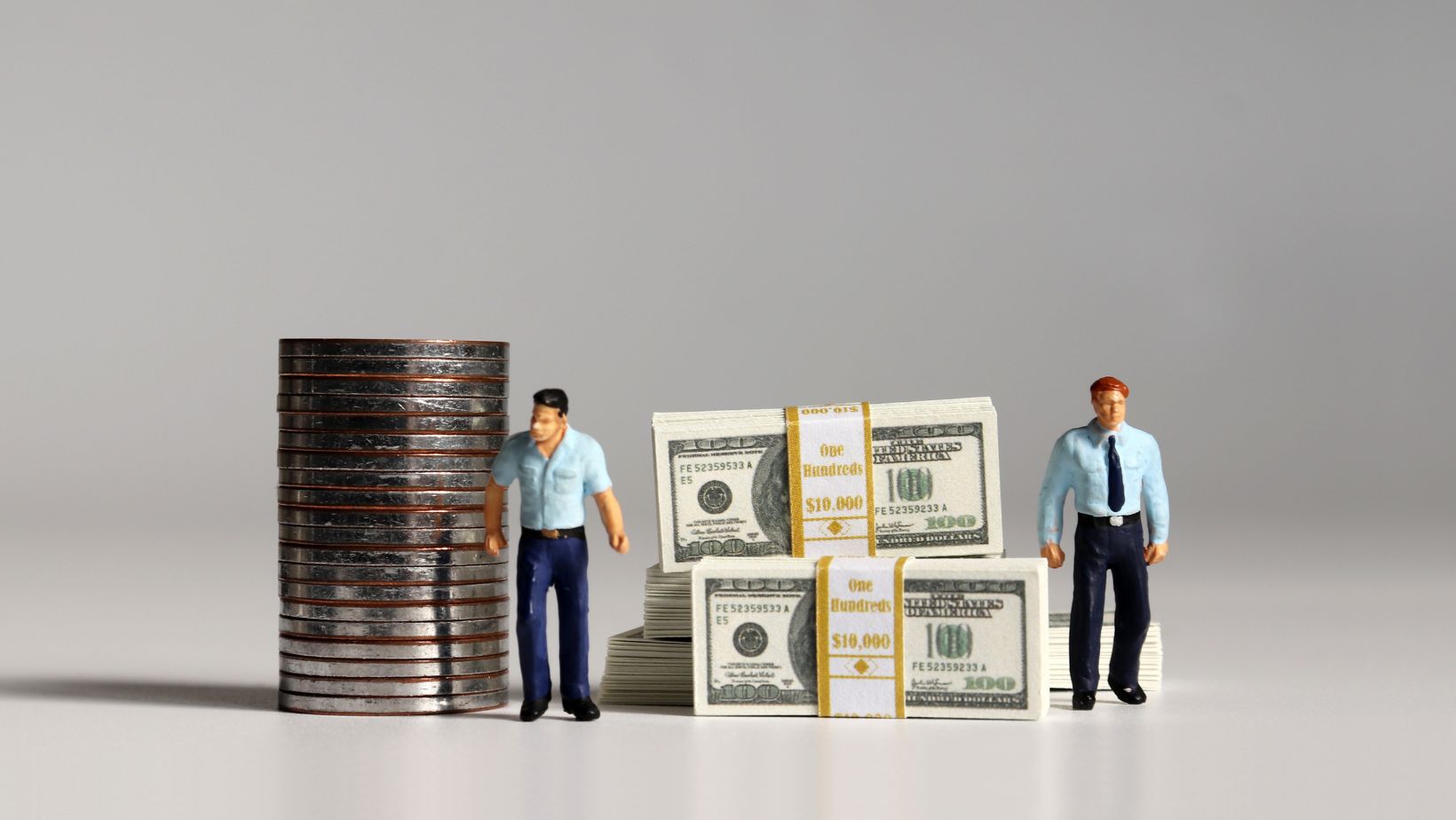
What Was the Major Reason Radicals Were So Angry
What was the major reason radicals were so angry? In order to understand their anger, we need to delve into the historical context of the time. The late 19th and early 20th centuries were marked by significant social and political changes that fueled discontent among radicals.
One major reason for their anger was widespread economic inequality. During this period, a small elite controlled vast amounts of wealth while the majority of people struggled with poverty and limited opportunities. This stark contrast between the haves and have-nots created a sense of injustice and resentment among radicals.
It’s important to recognize that there were multiple reasons behind the anger of radicals during this time period, including economic inequality and political repression. Understanding these factors helps us gain insight into why they were driven to such extreme measures in their pursuit of change.

Economic Inequality
Let’s delve into the major reason why radicals were so angry: economic inequality. The stark disparities in wealth distribution fueled their frustration and discontent. Here are a few key points to consider:
- Widespread Poverty: A significant factor contributing to radical anger was the prevalence of poverty among the working class. Many individuals struggled to make ends meet, facing low wages, long working hours, and inadequate living conditions. This stark contrast between the wealthy elite and the impoverished masses created a breeding ground for resentment.
- Concentration of Wealth: Another aspect that enraged radicals was the concentration of wealth in the hands of a few powerful individuals or corporations. This accumulation of riches by a select few perpetuated social stratification and limited upward mobility for those at the bottom rungs of society.
- Unfair Economic Systems: Radicals also directed their anger towards economic systems that they perceived as unjust. Capitalism, in particular, drew criticism for its inherent tendency to widen income gaps and exploit workers’ labor value for profit maximization.
- Lack of Social Safety Nets: The absence or insufficiency of social safety nets further exacerbated radical anger about economic inequality. Limited access to healthcare, education, affordable housing, and other essential services deepened feelings of injustice and marginalization.
- Historical Context: It is important to understand that economic inequality did not arise overnight but rather built up over time due to various historical factors such as colonialism, imperialism, and discriminatory policies that disadvantaged certain groups based on race, gender, or class.
By shedding light on these aspects of economic inequality, we can better comprehend why radicals harbored such intense anger towards prevailing socioeconomic structures during different periods in history.
Political Repression
When examining the major reasons behind the anger of radicals, one cannot overlook the significant role played by political repression. It’s essential to understand how this oppressive tactic fueled their frustration and propelled them towards radicalism.
Firstly, political repression refers to the systematic suppression of individuals or groups who express dissenting opinions or challenge existing power structures. In many cases, governments employed various means to stifle opposition voices, including censorship, surveillance, and even imprisonment. The harsh measures taken by authorities effectively limited freedom of speech and assembly, leaving dissidents feeling silenced and marginalized.
One well-known example is the Red Scare in the United States during the early 20th century. In response to growing labor activism and socialist sentiments, government officials launched an aggressive campaign against suspected communists and anarchists. This resulted in widespread arrests, blacklisting of individuals from employment opportunities, and pervasive fear among those associated with leftist ideologies.
The combination of these repressive actions created a powder keg of anger among radicals. Not only were they unable to freely express their beliefs and advocate for change but they also witnessed firsthand the brutal consequences endured by those who dared challenge the status quo.
In conclusion, political repression played a pivotal role in fueling radical anger. By suppressing dissenting voices and targeting ideological movements seeking societal transformation, governments inadvertently pushed disillusioned individuals towards more extreme positions as they sought outlets for their frustrations. Understanding this aspect is crucial when analyzing the factors that contributed to radicals’ deep-seated anger.






